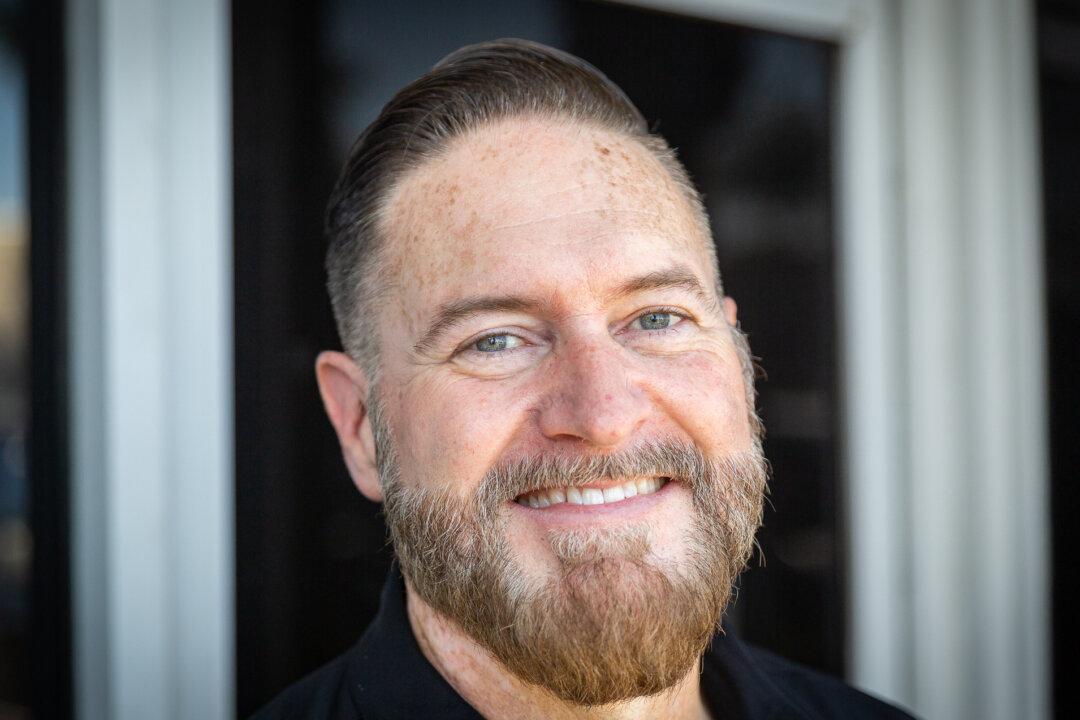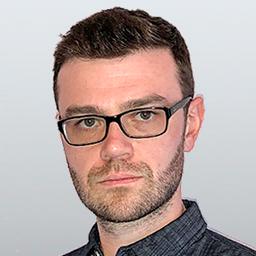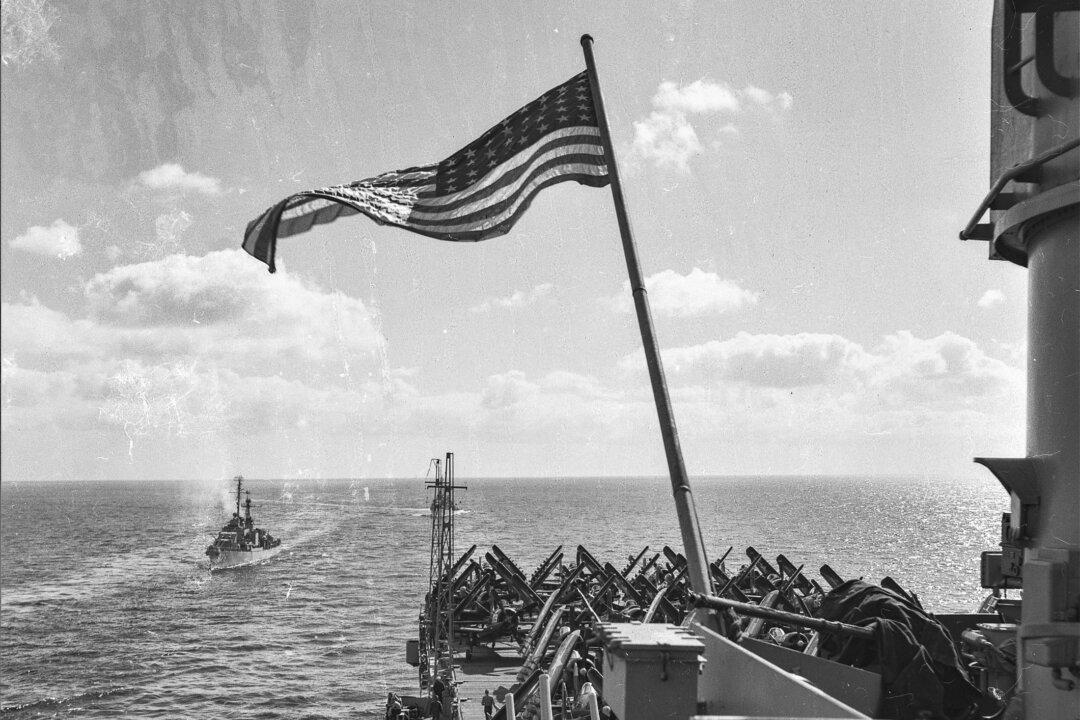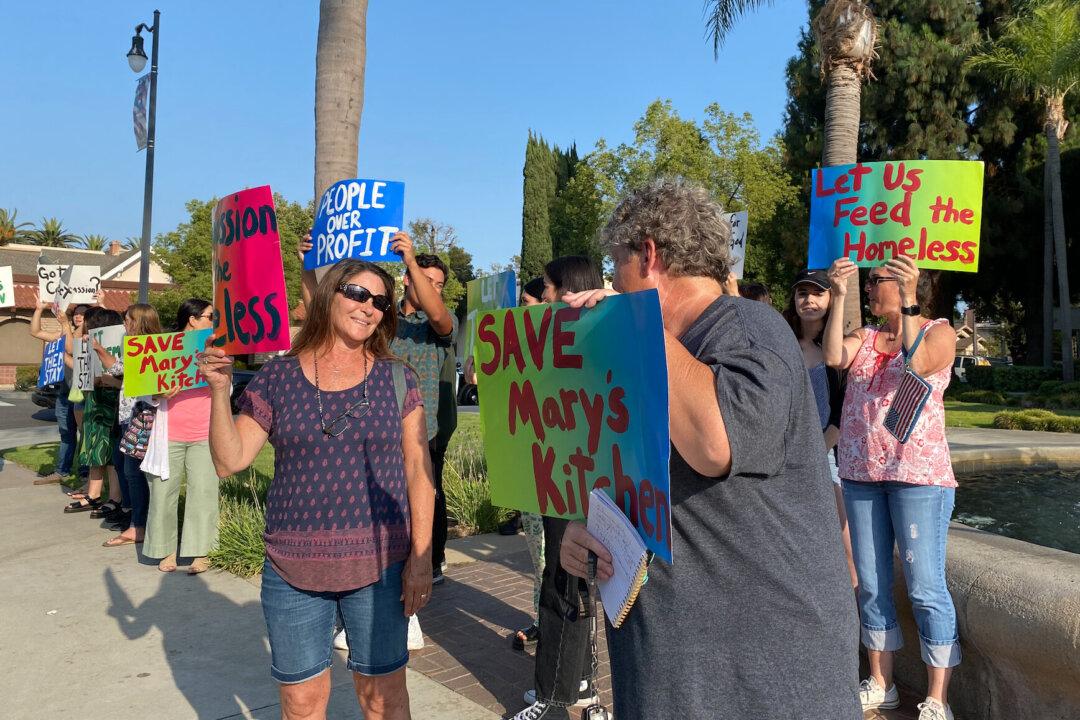Zach Southall was bound for the wrong direction. It was the 1980s, and he was growing up in an apartment in Southern California with family members who were criminals and drug addicts. Between stints in jail, they would crash there with him and his mother.
“That rubs off on you when you’re young,” he told The Epoch Times. “You learn bad lessons, like ‘You ain’t cheatin’, you ain’t tryin’.’”






